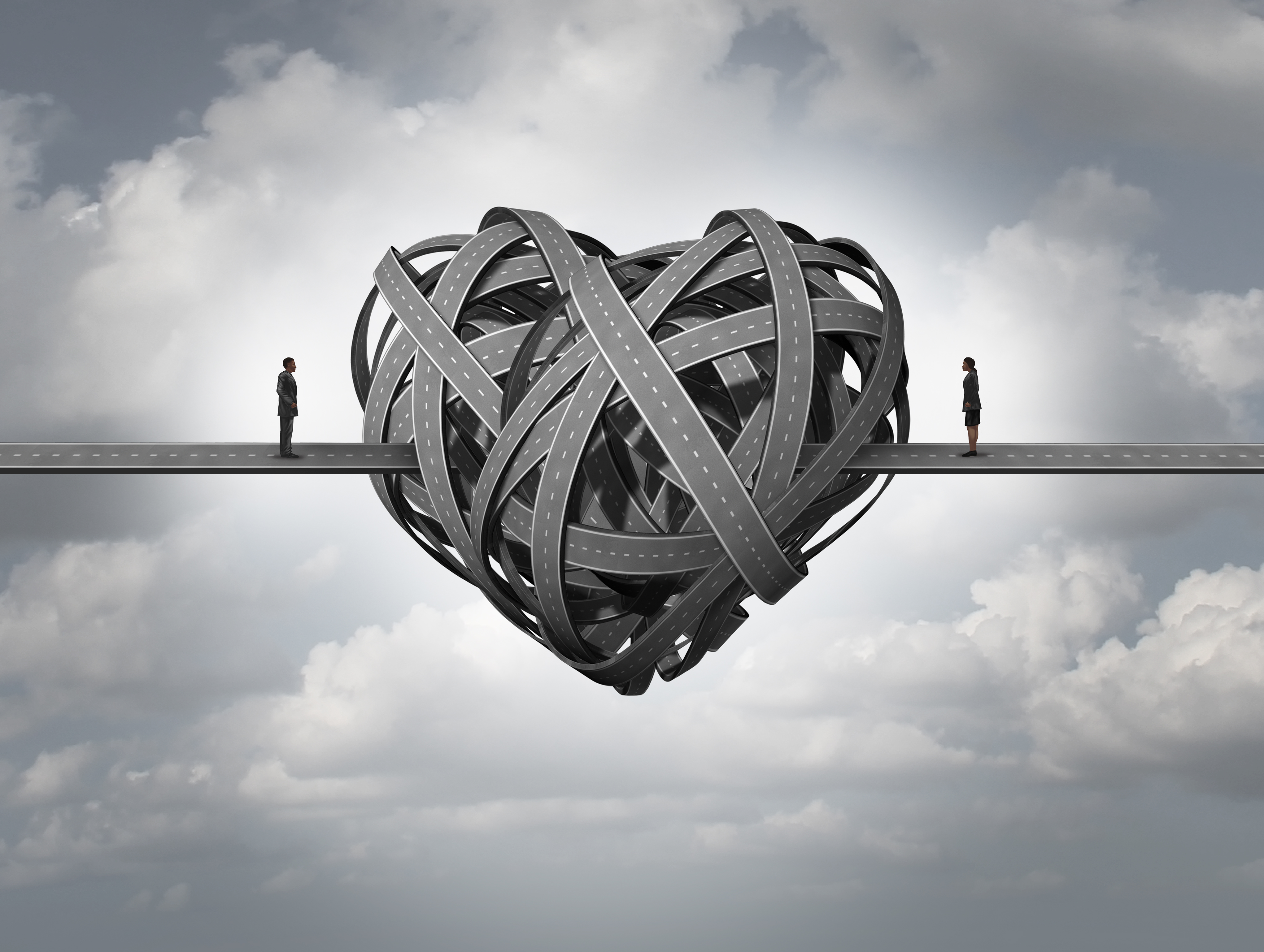If you have ever wondered whether you may be codependent, you wouldn’t be alone. All types of people see different codependent behaviors showing up in their lives, manifesting in their interactions in varying intensities. Not all people with codependent tendencies are unhappy or dissatisfied, while others experience daily pain and enduring stretches of quiet desperation.

Codependency can be experienced in isolation or occur in patterns throughout one’s life. Sometimes this can be viewed by others as a mild flaw of character, while at other times this struggle can prove to be the underlying thread to a dysfunctional and unhealthy lifestyle. If you are wondering whether you struggle with codependency, or codependent thinking, ask yourself some of these questions:
- Do I feel inadequate without sufficient reason?
- Do I worry I am, or I could be, a failure?
- Do I suffer from low-esteem?
- Do I find myself trying to please others to feel okay?
- Are my boundaries in my relationships too weak?
- Do I have too rigid of boundaries that keep people from being too close?
- Can I be over-reactive?
- Would I consider my communication dysfunctional?
- Do I struggle with perfectionism?
- Am I too concerned about what other people think of me?
- Do I feel like I am not enough?
Naturally as human beings in our material world, in collision with others on a continuous basis, we find ourselves asking these questions. However, if you find yourself strongly relating to a number of them, a deeper look into how codependency may be affecting you could benefit your quality of life. Those suffering with a codependent mindset often have difficulties expressing thoughts, feelings, assertive language, and boundaries. They frequently struggle with stopping abuse and may feel afraid of being alone, feeling trapped in bad relationships and unable to leave. Often relying too much on the opinions of others and denying their own feelings. Codependency can also manifest in behaviors that are manipulative, obsessive, controlling, and addictive.
Most of all those struggling with codependency lack an ability to get their basic emotional needs met in a healthy and satisfying way, losing themselves in the process.
Codependency is often thought of as a relationship problem. However, it is not your relationships with other people that is the problem; it is the relationship that you have with yourself that is truly suffering.
The symptom at the core of “dependency” is a reliance, simple or complex, on a person, substance, or process. Codependency underlies all addictions. Instead of turning our focus onto building a healthy relationship with ourselves first, we seek to make something or someone else more important. We place all of our hopes, dreams, expectations, and resentments on this other thing rather than take ownership and responsibility for how we have given up on our own hopes, dashed our own dreams, broken our own expectations, or created our own resentments. Over time our actions, emotions, and thoughts revolve faster and faster around that other someone or something, increasingly abandoning our own sense of self and spirit. Subsequently, we lose as trace of where we once stood or who we once believed we were. We lose our relationship with ourselves.
Recovery, successful recovery, requires a complete reversal of this pattern. Required in order to reconnect with your innermost self and begin the healing process. The healing process in turn leads to a deeper development of autonomy, intimacy, authenticity, and the ability to integrate congruent actions, feelings, thoughts, values, and beliefs.




